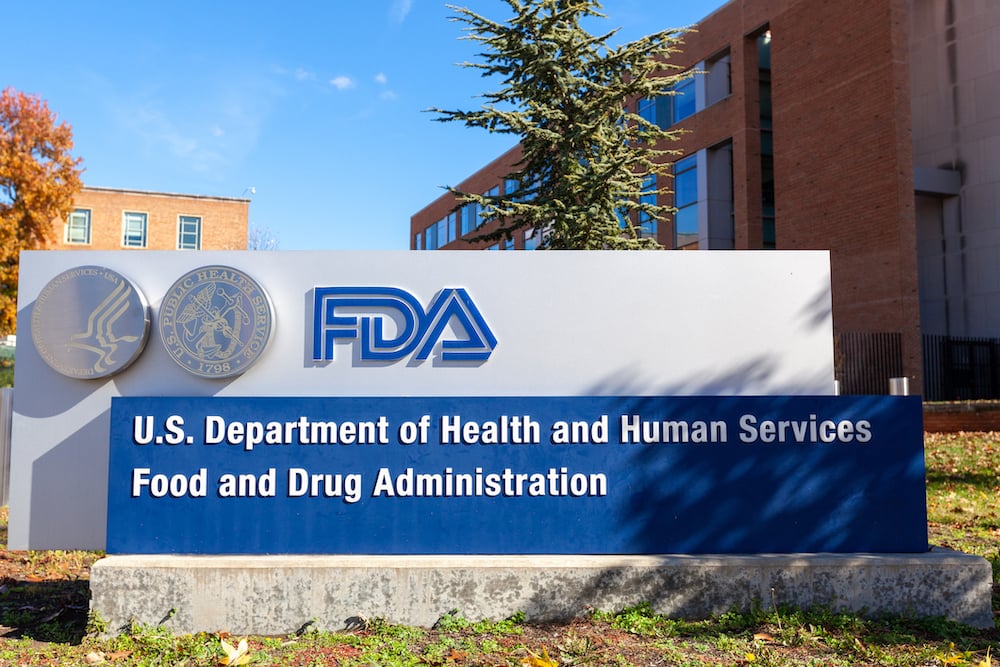FDA Job Cuts Could Disrupt Clinical Trials

Over the past several months, the Food and Drug Administration (FDA) has seen a wave of high-level departures and widespread staff reductions — part of a broader government effort to reduce the Department of Health and Human Services (HHS) workforce by 10,000 jobs.
In April of this year, STAT News reported at least two dozen director-level or higher officials have exited the FDA. Meanwhile, around 3,500 roles (roughly 20% of the agency’s workforce) have been cut or left unfilled. Some of those positions have since been rehired, but many have not.
As the FDA continues to recalibrate, the clinical research community is left wondering what this reshuffling could mean for their work, while pressure builds to get therapies to patients faster.
We’re in a moment of transition. With fewer experienced regulators in place and fewer boots on the ground, clinical trial stakeholders are increasingly asking the same question: How will these FDA job cuts and resignations affect drug development?
A Strained System With Real Implications for Clinical Trials
The combination of vacant roles and long-tenured leaders departing with decades of institutional memory creates a knowledge and capacity gap that could have big downstream consequences.
As the agency adjusts, sponsors, CROs, and sites may begin to see:
Longer Protocol and IND Review Timelines
As FDA teams face greater workloads and fewer resources, protocol reviews and IND decisions may take longer to process. This can impact study startup and shift trial calendars, particularly for programs on accelerated development paths.
Delays in Site Inspections
With inspection teams stretched thin, pre-activation site visits or routine audits may be harder to schedule. These delays can disrupt launch planning, even when all other elements are in place.
Slower Communication Cycles
Questions about amendments, data reporting, or safety concerns may not receive the same quick turnaround they once did. That can introduce risk for studies already underway, especially in high-stakes or rapidly evolving indications.
Limited Institutional Knowledge in Transition
In some cases, sponsors may find themselves working with FDA contacts who are newer to their roles. While fresh leadership can bring new energy, it also raises concerns about consistency in interpretation, expectations, and decision-making — particularly for ongoing trials that began under a different team.
And while the full impact of any shifts may play out gradually, the industry is already adjusting its assumptions around timelines and responsiveness.
Vaccine Trials Face Compounding Pressures Amid FDA Layoffs
Sponsors in the vaccine space may be among the first to feel the ripple effects of an overextended regulatory system. But the pressure isn’t coming from the FDA alone; it’s also coming from a shift in federal funding priorities.
Many of the fast-track mechanisms and emergency resources that enabled rapid vaccine development during the COVID-19 pandemic have lapsed or ended. At the same time, funding for early-stage vaccine research for RSV, flu, and COVID-19 boosters has waned.

Recently, the U.S. Department of Health and Human Services canceled hundreds of millions of dollars in contracts with Moderna for mRNA-based influenza vaccines. This included work on vaccines targeting H5N1, the avian influenza virus flagged for potential pandemic response. While not unexpected, this move underscores what many sponsors and CROs already feel: the infrastructure that once supported accelerated vaccine development is being dismantled.
Against this backdrop, vaccine trials are becoming harder to plan and more vulnerable to disruption:
- Enrollment windows are tighter, especially for seasonal or variant-specific studies
- Protocol updates or amendments may face slower regulatory processing, limiting adaptability mid-trial
- Funding instability creates additional pressure on timelines and trial efficiency
- Reduced federal prioritization may affect public trust and participant willingness
For vaccine developers — especially those working in pandemic preparedness or combination formulations — these shifting conditions create a real need for strong, nimble trial partners who can move quickly when approval finally comes.
At RDI, We’re Helping Trial Partners Navigate the Uncertainty
As a clinical research site, we’re not immune to the challenges tethered to FDA job cuts and lost funding, but we are committed to being a steady hand during a time of flux. We know the pressure clinical teams are under to deliver high-quality results, hit critical timelines, and manage the uncertainty that comes with an evolving regulatory landscape.
We can’t solve for the broader structural changes happening at the federal level. What we can do — and what we’ve always done — is deliver consistency, responsiveness, and thoughtful support to the sponsors and CROs we partner with.
Whether that means moving fast to enroll participants after a delayed green light, adjusting logistics mid-study, or retaining patients through long protocols, our team is a dependable extension of yours.
Clinical research is about people: patients waiting for new treatments, trial teams working tirelessly behind the scenes, and regulators trying to safeguard public health in challenging times. We’re all navigating this new reality together, and as a clinical trial management partner, we’ll support you in whatever way we can.
